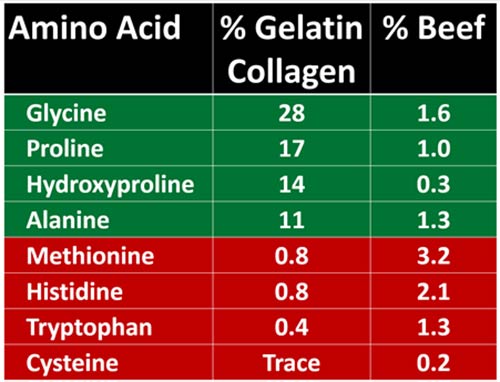[ad_1]

A quarter of mortgage holders aged under 30 who started their loan in early 2023 have a repayment term of 35 years or more, according to analysis by a credit information company.
Experian found that 25% of new homeowners aged 29 and under between January and March 2023 had a repayment term of at least 35 years.
This has increased from 10% in January 2020, according to Experian’s analysis, which is based on new business rather than the overall stock of mortgages.
Longer mortgage terms mean some people will be nearing or in retirement before they are able to pay off their mortgage loan.
James Jones, head of consumer affairs at Experian, said: “Our data suggests that people under 30 are looking to secure longer mortgage repayment terms to help keep monthly repayments down on their homes, and this could also be affecting property buying among house hunters.
A credit score can impact everything from your eligibility to your repayment terms
James Jones, Experian
“With high interest rates increasing the pressure on borrowers, young people may feel like they have been ‘locked in’, so we’re encouraging people to consider ways that they might be able to secure better deals on their mortgage terms. We’d suggest engaging with your credit score and considering whether it can be improved, even if you’re not yet looking to move.
“A credit score can impact everything from your eligibility to your repayment terms, as it acts as a financial track record for lenders looking to see how reliable you are. Building a good score and credit history will stand you in good stead for the future.”
Earlier this year, Experian partnered with Leeds Building Society, which connected to Experian’s free Boost service. It means that aspiring homeowners can improve their chances of getting on the housing ladder with extra evidence of their good financial track record. For example, keeping up with payments such as digital subscriptions could potentially help to boost a score.
Here are some general tips from Mr Jones for improving a credit score:
1. Make sure the information on your credit report reflects the facts. For example, if you have ended a relationship and you’re financially linked to your former partner through past joint accounts or credit then take the time to submit a financial disassociation to each agency, so your future credit applications will not be affected by their finances.
2. Credit reports include voter registration records to help lenders confirm your name, address and residential history. New registrations usually feed through to credit reports within about a month.
3. Try to space out any credit applications you make and shop around using eligibility-checking services. That way, you will only apply for deals you are likely to get and will avoid collecting multiple “hard” search footprints, thereby protecting your score.
4. While it is sensible to shop around from time to time to make sure you are getting the best deals, it may help a credit score if you let some credit accounts “mature”. For example, holding the same credit card for five years can add 20 points to an Experian credit score.
5. Even though making manual monthly payments to loans and credit cards can make you feel in more control, forgetting a regular payment could cause your credit score to decrease. Setting up direct debits for regular payments can help people to avoid missed payment hiccups.
[ad_2]
Source link





















